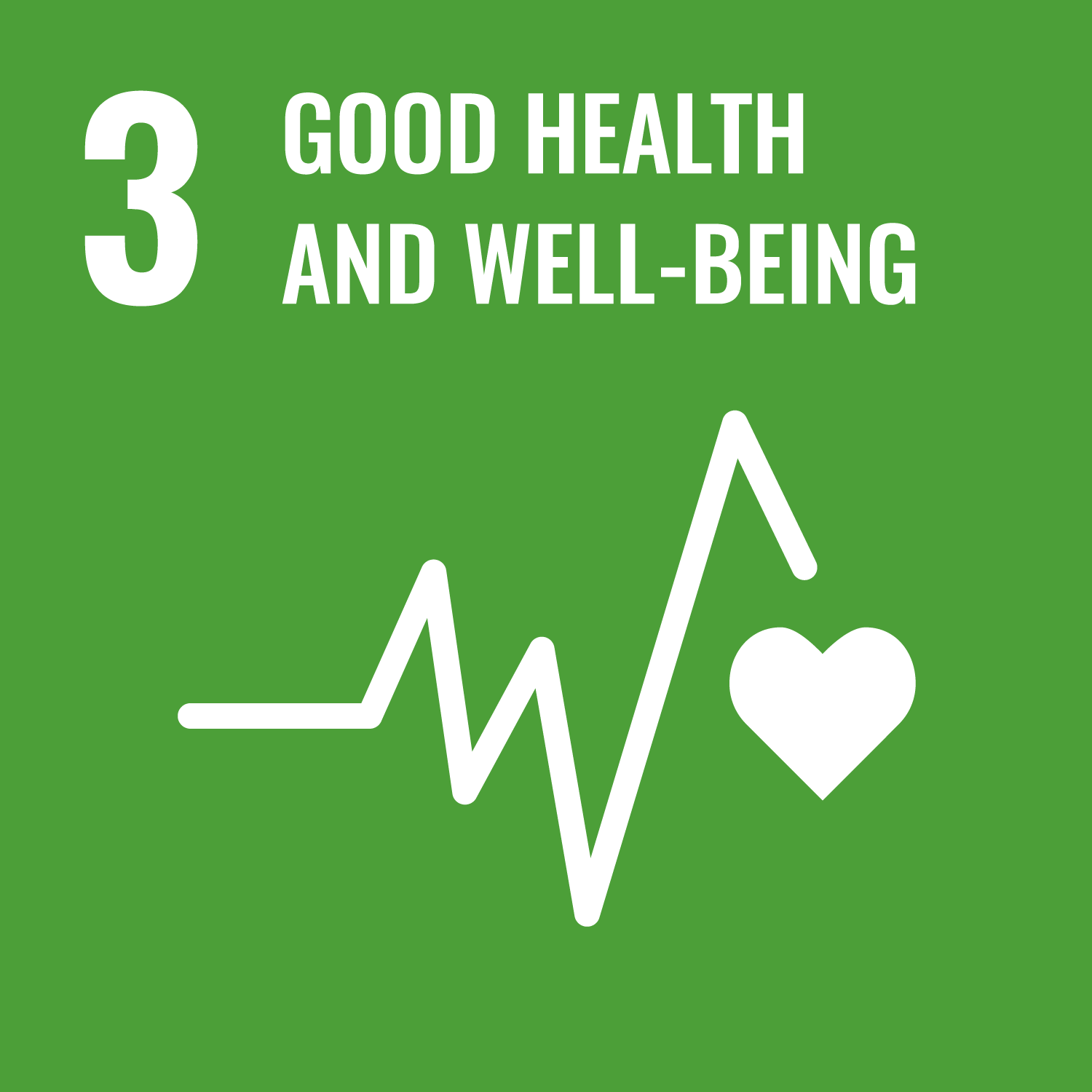Certain cancers and Parkinson’s disease are especially difficult to treat, because many of the disease relevant proteins are considered "undruggable," meaning they lack the typical pharmacological binding pockets for future drugs. To overcome this, KinCon biolabs is developing an innovative cell-based reporter technology that detects and visualizes structural changes in these elusive proteins. The University of Innsbruck spin off provides a readout that enhances drug discovery by utilizing genetically encoded reporters in cell culture models. When a drug candidate binds to a specific target protein, these reporters light up, producing a measurable signal that indicates successful interaction. With this technology, KinCon biolabs partners with pharmaceutical companies to assess the efficacy and specificity of drug candidates during the early stages of drug-development.
KinCon biolabs was founded in 2022 following an FFG spin-off fellowship under the mentorship of Prof. Christoph Huber. In the following year, the company successfully completed the international mentoring program Creative Destruction Lab (CDL-Berlin), where visionary start-ups are supported by experienced mentors and investors. KinCon biolabs now uses its technology to predict and this in living cells, whether drug candidates effectively bind to target proteins such as kinases—an approach recently highlighted in an academic publication in the journal eLife. The company has completed initial pilot projects with a NASDAQ-listed biotech company and has recently launched a new initiative with a leading pharmaceutical company to accelerate the search for new types of medications that target previously undruggable proteins.
In addition to a Health Hub Tirol grant (Standortagentur Tirol), centered on a Parkinson's disease R&D program, KinCon biolabs has recently secured further funding to expand its technology platform. The FFG Austrian Life Science project “Seek & Destroy” focuses on validating a new class of drugs that tag disease-relevant proteins for degradation.
In these lines, the PhD student Alexandra Fritz is funded by the FFG and the Land Tirol for applying the KinCon reporter technology in her industrial PhD project, conducted at the interface between academia and industry. She is investigating ways to restore tumor suppressor functions. This project offers a valuable opportunity to conduct practical research in an industrial setting while benefiting from the academic expertise of the University. These endeavors are backed by Oroboros Instruments and the University of Innsbruck, the Alma Mater of the founders Philipp Tschaikner and Eduard Stefan, to strengthen success prospects. These interactions represent a strong foundation for the visionary and innovative approaches for targeting undruggable proteins, aiming to facilitate or improve the future therapeutic outcome in challenging diseases such as cancer and Parkinson’ disease.
The founders are engaged in expanding their team to extend their expertise and drive biotechnological innovation within the company and international partners. KinCon biolabs is also planning to move into the Life Science Hub Westpark Innsbruck in 2025, which, as part of the Health Hub Tirol, will provide a dynamic environment tailored to life science companies, Tyrolean spin-offs, and start-ups. This move aims to lay the groundwork for future growth and to boost successful collaborations in the biotechnology sector.


